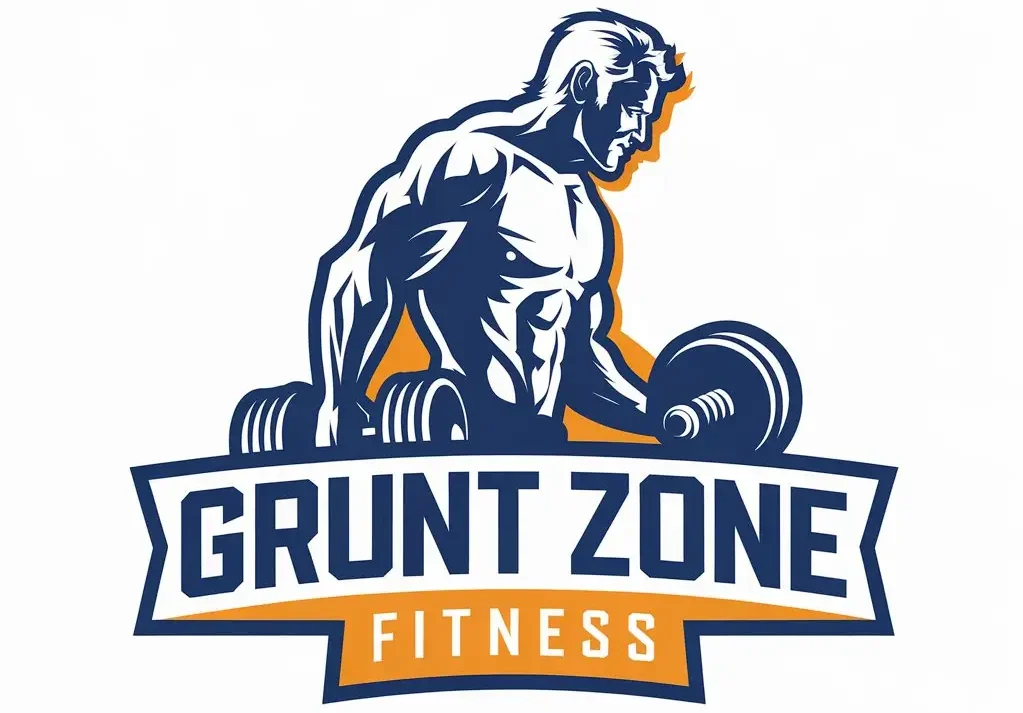Building muscle effectively requires more than just lifting weights—it demands a strategic approach to diet and nutrition for bodybuilding. As we progress through 2024, evolving research and practical challenges shape how beginner and intermediate bodybuilders fuel their gains. This article explores proven, actionable nutrition strategies, current trends, and expert-backed recommendations to help you optimize your muscle gain meal plan and achieve lasting results.
Understanding the Fundamentals of Diet and Nutrition for Bodybuilding
Macronutrient Balance for Muscle Growth
To maximize muscle gain, understanding the right balance of macronutrients—protein, carbohydrates, and fats—is essential. According to the International Society of Sports Nutrition, consuming 1.4–2.0 grams of protein per kilogram of body weight daily is optimal for muscle hypertrophy. Carbohydrates replenish glycogen stores and support training intensity, while healthy fats aid hormone production and recovery.
- Protein: Lean meats, eggs, dairy, and plant-based sources
- Carbohydrates: Whole grains, fruits, and starchy vegetables
- Fats: Avocado, nuts, seeds, and olive oil
Striking the right macronutrient ratio can be challenging, especially with the rise of flexible dieting and intermittent fasting in spring 2024. However, consistency and personalization remain key for sustainable progress.
Caloric Surplus: The Foundation of Muscle Gain
Muscle growth requires a caloric surplus—consuming more calories than you burn. The American College of Sports Medicine recommends a surplus of 250–500 calories per day for gradual, lean muscle gain. Tracking intake with apps or food journals can help you avoid excessive fat gain, a common concern among bodybuilders this June as summer approaches.
Building an Effective Muscle Gain Meal Plan
Structuring Meals for Optimal Results
Designing a muscle gain meal plan involves more than just eating more food. Spreading protein intake evenly across 4–6 meals per day supports muscle protein synthesis, as highlighted by Dr. Brad Schoenfeld, a leading hypertrophy researcher. For example:
- Breakfast: Oats with whey protein and berries
- Mid-morning: Greek yogurt and almonds
- Lunch: Grilled chicken, quinoa, and vegetables
- Afternoon snack: Cottage cheese and fruit
- Dinner: Salmon, sweet potato, and broccoli
- Post-workout: Protein shake with banana
Meal timing and composition can be adjusted based on training schedules and personal preferences, but the focus should always be on nutrient-dense, whole foods.
Addressing Common Challenges in 2024
Many bodybuilders in 2024 face challenges such as busy lifestyles, rising food costs, and dietary restrictions. Meal prepping on weekends, choosing budget-friendly protein sources like eggs and legumes, and using convenient options like protein powders can help overcome these obstacles.
Advanced Nutrition Strategies and Current Trends
Supplements: What Works and What Doesn’t
While whole foods should form the foundation of your diet and nutrition for bodybuilding, certain supplements can enhance results. Creatine monohydrate, for instance, is supported by over 500 studies for its effectiveness in increasing strength and muscle mass. Conversely, many “muscle-building” supplements lack robust evidence or may not be necessary if your diet is well-structured.
Personalization and Tracking Progress
Personalized nutrition is a growing trend in 2024, with more athletes using wearable technology and apps to monitor intake and recovery. Tracking body composition, strength gains, and energy levels helps refine your muscle gain meal plan over time. Consulting with a registered dietitian or certified sports nutritionist can further tailor your approach for optimal results.
Expert Insights and Real-World Examples
Dr. Eric Helms, a respected authority in sports nutrition, emphasizes the importance of adherence and flexibility: “The best diet is one you can stick to long-term.” For example, a beginner might start with simple meal swaps—trading white rice for brown rice or adding an extra egg to breakfast—to gradually increase protein and nutrient density.
Actionable Recommendations and Key Takeaways
- Prioritize a balanced intake of protein, carbohydrates, and healthy fats.
- Maintain a moderate caloric surplus to support lean muscle gain.
- Distribute protein evenly across meals to maximize synthesis.
- Leverage meal prep and budget-friendly foods to overcome common challenges.
- Use evidence-based supplements like creatine if appropriate.
- Track progress and adjust your plan based on results and lifestyle changes.
By applying these strategies and staying informed about current trends, you can optimize your diet and nutrition for bodybuilding and achieve sustainable muscle growth throughout 2024 and beyond.
Conclusion: Building Muscle with Smart Nutrition
Effective muscle gain in bodybuilding is rooted in a science-based approach to diet and nutrition for bodybuilding. By understanding macronutrient needs, structuring a practical muscle gain meal plan, and adapting to new trends and personal challenges, you’ll set a strong foundation for progress. Remember, consistency and personalization are your greatest allies—fuel your body wisely, and your results will follow.

